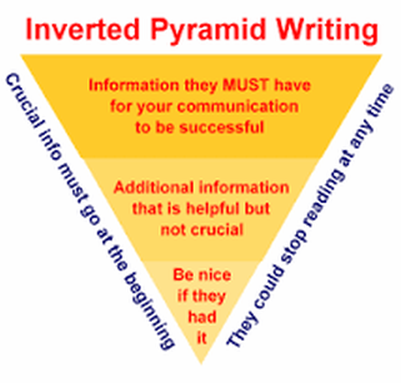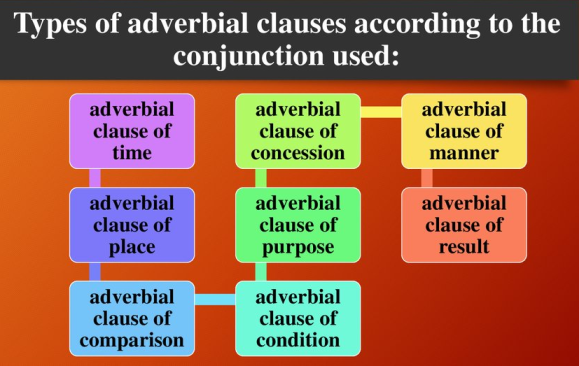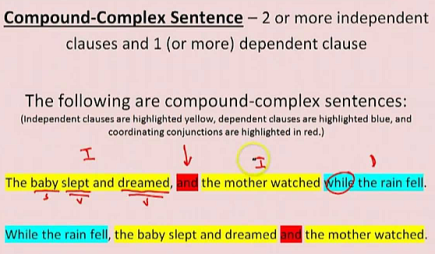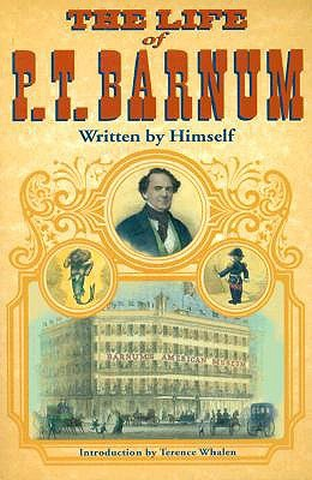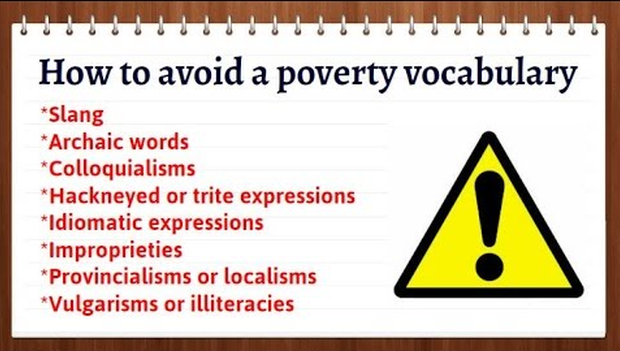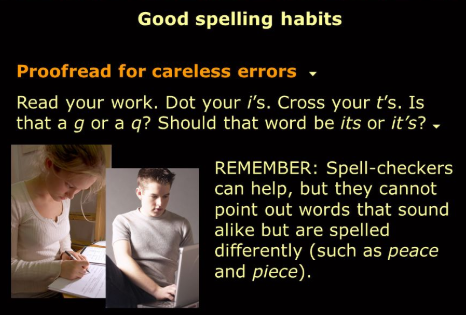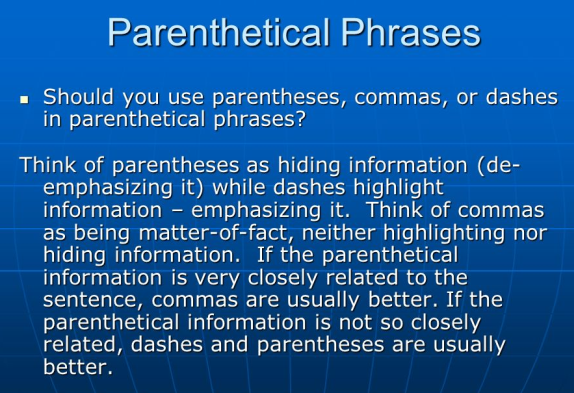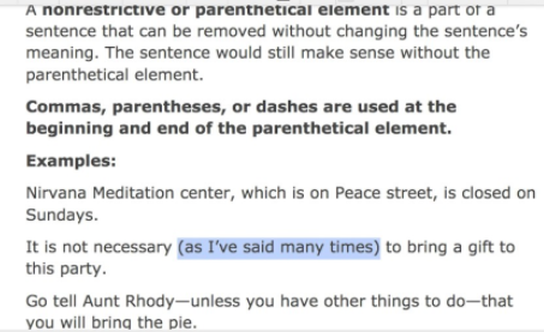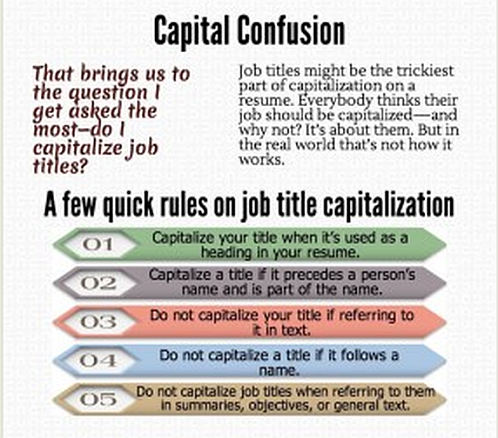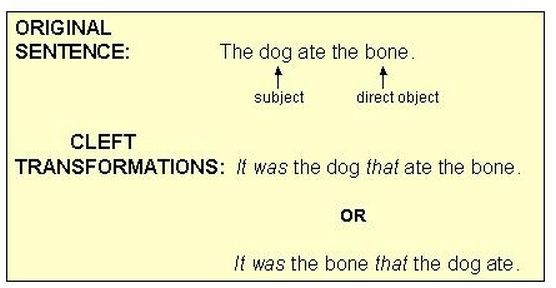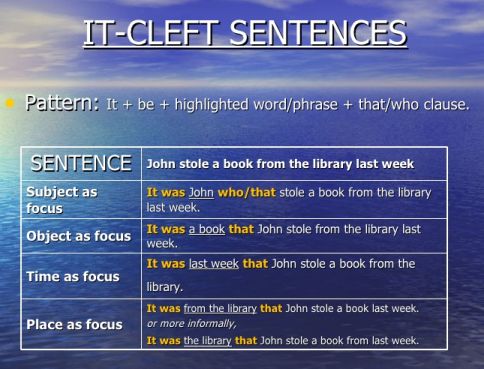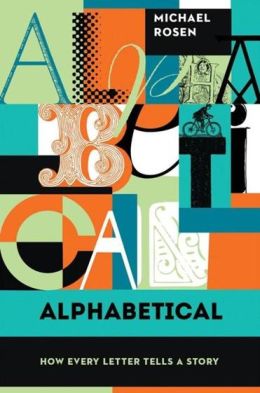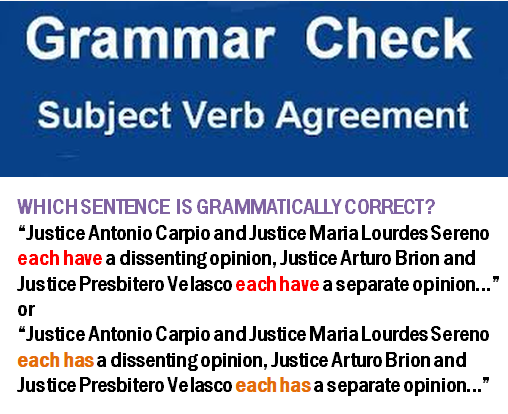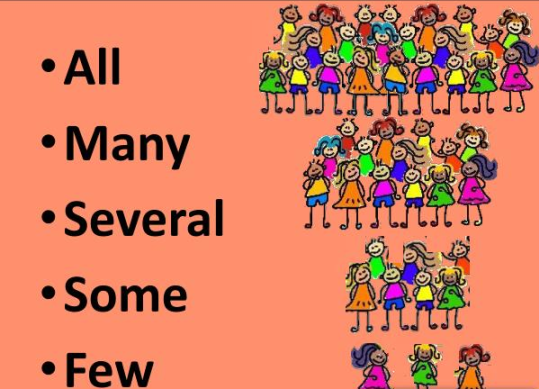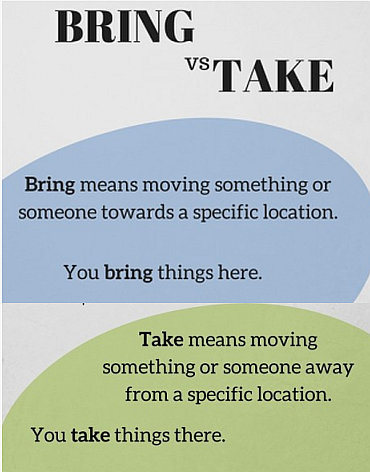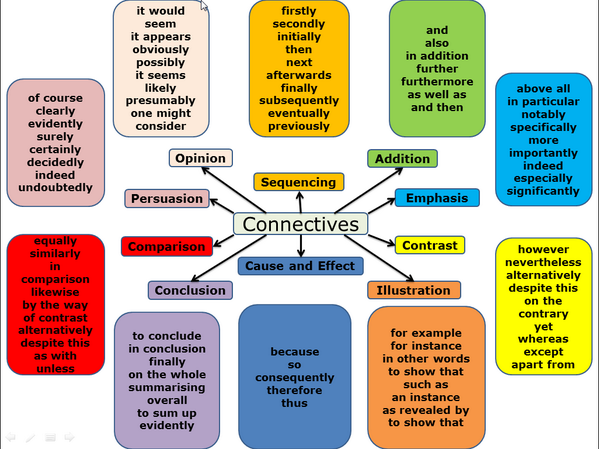61
Getting to Know English / The usefulness of summative modifiers
« Last post by Joe Carillo on December 02, 2024, 10:46:12 PM »Using relative clauses is a very convenient way to load sentences with more information. They do their job quite well when only one or two of relative clauses are involved, as in this sentence: “The car that figured in the smashup ran through the red light, first hitting the sedan, which rolled over on impact.” The first relative clause in the sentence is, of course, “that figured in the smashup,” modifying “car”; the second is “which rolled over on impact,” modifying “sedan.”
When we attach more and more relative clauses to the sentence, ambiguity and monotony start getting into the picture. The sentence becomes progressively confusing until it breaks into an incomprehensible sprawl. See, for instance, what the addition of three more relative clauses can to the sentence given earlier as an example:
“The car that figured in the smashup ran through the red light, first hitting the incoming sedan, which rolled over on impact, hitting in turn a van that was parked on the side of the road, which then hurtled toward eight joggers having breakfast at the sidewalk café.” This time, we have produced a mishmash of vague antecedents and linkages—a clear sign of a serious relative-clause overload.
We have already seen in the previous two columns how a good resumptive modifier straightens out this messy and confusing state of affairs. By using, say, “smashup” as a resumptive modifier, we can construct this compelling, admirably coherent rendition of the same sentence:
“A car that ran through the red light figured in a terrible smashup, a smashup that made an incoming sedan roll over on impact, a smashup so strong the sedan hit a parked van and sent it hurtling toward eight joggers having breakfast at a sidewalk café.”
Not even the most well-organized string of relative clauses in the world can match the drama of this resumptive-modifier-using sentence.

As good as the resumptive modifier is in doing its job, it finds worthy competition in another semantic device for that same assignment. That device is the summative modifier. Instead of repeating a key phrase used in a preceding clause of the sentence, a summative modifier introduces an altogether new word or phrase that sums up a core idea of the preceding clause, then makes that word or phrase the thematic subject of succeeding relative clauses.
The phrase “tragic accident,” for example, works as a summative modifier in this alternative rendition of our previous example:
“A car that ran through the red light figured in a terrible smashup, a tragic accident in which the wayward vehicle first hit an incoming sedan, creating a domino effect that made the sedan roll over and slam on a parked van, which in turn hurtled toward eight joggers having breakfast at a sidewalk café.
This sentence packs an even more powerful wallop than the resumptive-modifier version, principally because its summative modifier offers even more graphic and more compelling imagery than the resumptive modifier used in the other sentence.
Let’s take a closer look at the mechanism of the summative modifier. We can see that this device positions itself right after a pause created by a comma at the end of a sentence segment. It comes in the form of a noun or noun phrase that concisely—and very quickly—recapitulates a major idea presented earlier in the sentence, and a relative clause in turn elaborates on it with new information.
There isn’t much room in a sentence for long, extended summative modifiers; the best ones are single summary words or very short noun phrases of perhaps two to three words. To make summary modifiers longer than this only arrests the momentum of the exposition, defeating the very reason for using them in the first place.
Look what happens when a summative modifier gets too long for comfort:
“A car that ran through the red light yesterday figured in a terrible smashup, a tragic accident of such horrendous proportions and repercussions in which the wayward vehicle first hit an incoming sedan, creating an unparalleled, bizarre, and gory domino effect that made it roll over and slam on a parked van, which in turn hurtled toward eight joggers having breakfast at a sidewalk café.”
The extended noun phrases “a tragic accident of such horrendous proportions and repercussions” and “an unparalleled, bizarre, and gory domino effect” invalidate themselves as summative modifiers because of their excessive length and ponderousness.
The summative modifier is meant to help us avoid ambiguity and monotony in our prose, not to create confusion and introduce tedium to it. It’s an excellent sentence extender but it doesn’t tolerate delay or hesitance in execution.
So long as we keep this in mind, the summative modifier—like the resumptive modifier—can make our writing much better organized and more expressive than it can ever be with only plain relative clauses at our command.
This essay, which first appeared in my weekly column “English Plain and Simple” in The Manila Times, subsequently became Chapter 62 of my book Giving Your English the Winning Edge, ©2009 by the Manila Times Publishing Corp. All rights reserved.
Read this essay and listen to its voice recording in The Manila Times:
The usefulness of summative modifiers
Next week: Crafting more elegant prose with free modifiers (December 12, 2024)
Visit Jose Carillo’s English Forum, http://josecarilloforum.com. You can follow me on Facebook and X (Twitter) and e-mail me at j8carillo@yahoo.com.
When we attach more and more relative clauses to the sentence, ambiguity and monotony start getting into the picture. The sentence becomes progressively confusing until it breaks into an incomprehensible sprawl. See, for instance, what the addition of three more relative clauses can to the sentence given earlier as an example:
“The car that figured in the smashup ran through the red light, first hitting the incoming sedan, which rolled over on impact, hitting in turn a van that was parked on the side of the road, which then hurtled toward eight joggers having breakfast at the sidewalk café.” This time, we have produced a mishmash of vague antecedents and linkages—a clear sign of a serious relative-clause overload.
We have already seen in the previous two columns how a good resumptive modifier straightens out this messy and confusing state of affairs. By using, say, “smashup” as a resumptive modifier, we can construct this compelling, admirably coherent rendition of the same sentence:
“A car that ran through the red light figured in a terrible smashup, a smashup that made an incoming sedan roll over on impact, a smashup so strong the sedan hit a parked van and sent it hurtling toward eight joggers having breakfast at a sidewalk café.”
Not even the most well-organized string of relative clauses in the world can match the drama of this resumptive-modifier-using sentence.

As good as the resumptive modifier is in doing its job, it finds worthy competition in another semantic device for that same assignment. That device is the summative modifier. Instead of repeating a key phrase used in a preceding clause of the sentence, a summative modifier introduces an altogether new word or phrase that sums up a core idea of the preceding clause, then makes that word or phrase the thematic subject of succeeding relative clauses.
The phrase “tragic accident,” for example, works as a summative modifier in this alternative rendition of our previous example:
“A car that ran through the red light figured in a terrible smashup, a tragic accident in which the wayward vehicle first hit an incoming sedan, creating a domino effect that made the sedan roll over and slam on a parked van, which in turn hurtled toward eight joggers having breakfast at a sidewalk café.
This sentence packs an even more powerful wallop than the resumptive-modifier version, principally because its summative modifier offers even more graphic and more compelling imagery than the resumptive modifier used in the other sentence.
Let’s take a closer look at the mechanism of the summative modifier. We can see that this device positions itself right after a pause created by a comma at the end of a sentence segment. It comes in the form of a noun or noun phrase that concisely—and very quickly—recapitulates a major idea presented earlier in the sentence, and a relative clause in turn elaborates on it with new information.
There isn’t much room in a sentence for long, extended summative modifiers; the best ones are single summary words or very short noun phrases of perhaps two to three words. To make summary modifiers longer than this only arrests the momentum of the exposition, defeating the very reason for using them in the first place.
Look what happens when a summative modifier gets too long for comfort:
“A car that ran through the red light yesterday figured in a terrible smashup, a tragic accident of such horrendous proportions and repercussions in which the wayward vehicle first hit an incoming sedan, creating an unparalleled, bizarre, and gory domino effect that made it roll over and slam on a parked van, which in turn hurtled toward eight joggers having breakfast at a sidewalk café.”
The extended noun phrases “a tragic accident of such horrendous proportions and repercussions” and “an unparalleled, bizarre, and gory domino effect” invalidate themselves as summative modifiers because of their excessive length and ponderousness.
The summative modifier is meant to help us avoid ambiguity and monotony in our prose, not to create confusion and introduce tedium to it. It’s an excellent sentence extender but it doesn’t tolerate delay or hesitance in execution.
So long as we keep this in mind, the summative modifier—like the resumptive modifier—can make our writing much better organized and more expressive than it can ever be with only plain relative clauses at our command.
This essay, which first appeared in my weekly column “English Plain and Simple” in The Manila Times, subsequently became Chapter 62 of my book Giving Your English the Winning Edge, ©2009 by the Manila Times Publishing Corp. All rights reserved.
Read this essay and listen to its voice recording in The Manila Times:
The usefulness of summative modifiers
Next week: Crafting more elegant prose with free modifiers (December 12, 2024)
Visit Jose Carillo’s English Forum, http://josecarilloforum.com. You can follow me on Facebook and X (Twitter) and e-mail me at j8carillo@yahoo.com.


 Recent Posts
Recent Posts
